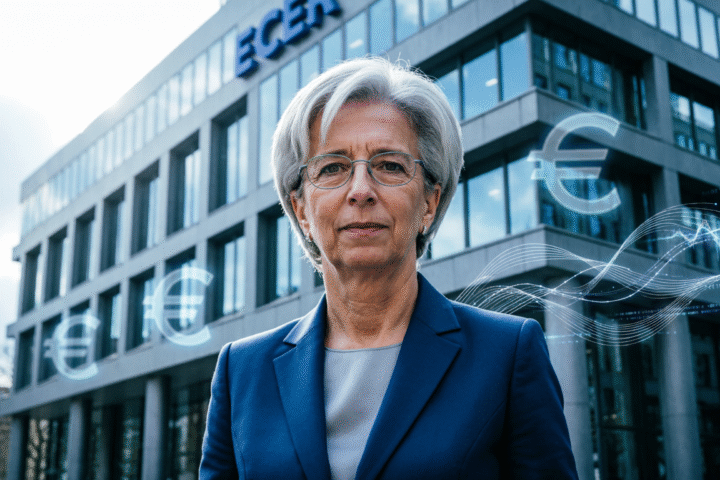In a groundbreaking judgment, a Canadian court ordered a defendant named Daniel Tambosso to repay $1.2 million to plaintiff Hung Nguyen last week. The Supreme Court of British Columbia concluded a lеgal battle over a loan that involved 22 Bitcoin (BTC) which Tambosso borrowed from Nguyen in September 2021.
According to the ruling, “Mr. Nguyen is awarded damages against Mr. Tambosso for $1,240,106.22. Mr. Nguyen is also awarded court order interest on the above amount from Sept. 24, 2021.”
Nguyen was introduced to Tambosso through a mutual acquaintance in September 2021. Back then, Tambosso had expressed a need for Bitcoin to fund a venture he was pursuing, and on September 21, 2021, Nguyen, along with their respective legal counsel, agreed to loan him 18 BTC.
But after the initial transfer, Tambosso requested an additional 7.5 BTC. Nguyen reverted by lending him an additional 4 BTC, requesting the total amount to be repaid within 48 hours.
Related: Lagarde Exit Talk Sparks Uncertainty Over ECB Digital Euro Future
The loan remained unpaid, however, which led to a legal dispute. The ruling highlighted that Tambosso is legally obligated to return the original 22 BTC to Nguyen, regardless of whether his venture succeeded.
Currently, courts are taking on more cases involving disputes and rulings about cryptocurrencies. Previously, a Bitcoin mining company called Rhodium Enterprises had filed for bankruptcy and was granted court approval to obtain financing in either U.S. dollars or Bitcoin. Also, last year, the United States Supreme Court ruled in favor of cryptocurrency exchange Coinbase in a landmark decision, halting ongoing court cases against the company in California.
In August, the Dubai Court of First Instance recognized cryptocurrency payments in employment contracts, marking a significant shift from earlier rulings. According to the ruling, both cryptocurrency and EcoWatt tokens were acknowledged as a mode of payment.
Ecowatt tokens are a type of digital asset associated with blockchain-based projects which primarily focuses on environmental sustainability. Ecowatt tokens are mostly used to represent ownership, rights, or participation in projects that talk of sustainable development, like solar, wind, and other renewable forms of energy.
Related: CFTC Opens Door for National Trust Banks to Issue Stablecoins
In the Dubai Court ruling, the court overturned its own verdict last year when an employee had filed a lawsuit claiming unpaid wages, unjust termination, and other employee benefits.
Despite the positive positions taken by authorities in several circumstances in the past, they have maintained a strong oversight over crypto exchanges. For instance, the United States Federal Court denied crypto exchange Kraken’s motion to dismiss a SEC lawsuit alleging that Kraken is operating an unregistered securities exchange.












